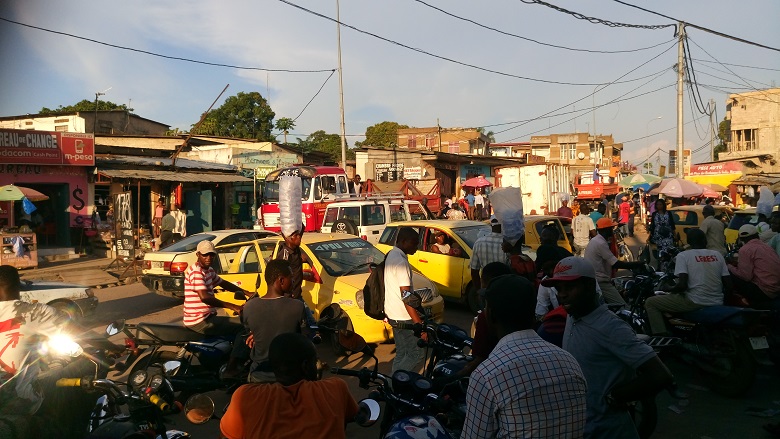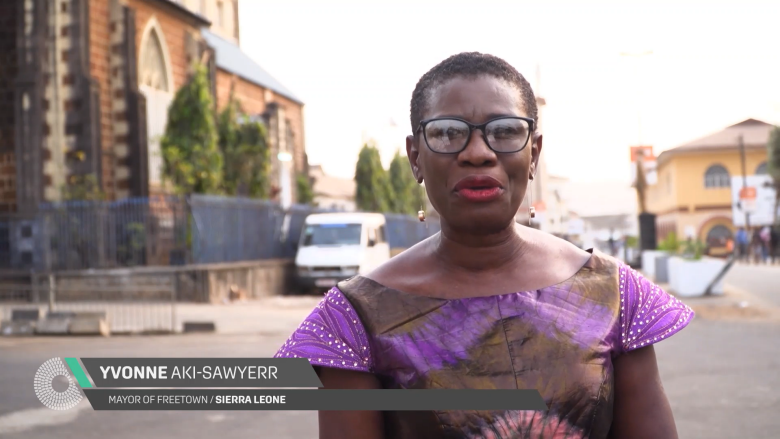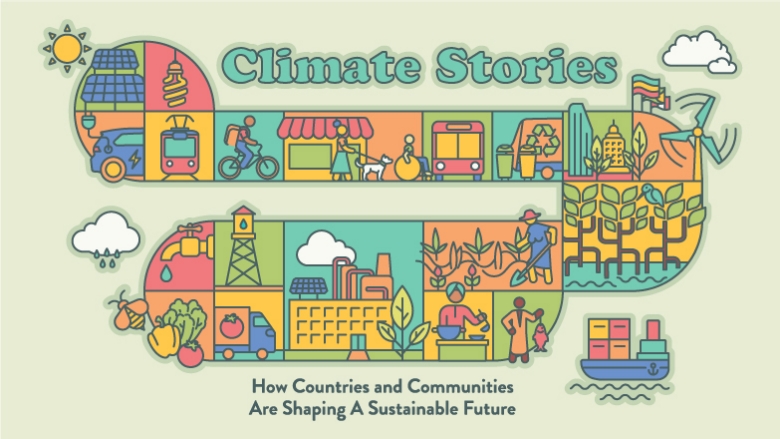Like many of the world’s megacities, Kinshasa faces many challenges. With nearly 15 million residents, the capital of the Democratic Republic of the Congo is known for its epic traffic jams, widespread poverty, unreliable electricity, decades of violent confrontation and an underlying vulnerability to floods, droughts, and other climate shocks. In addition, the COVID-19 pandemic has affected the wellbeing of Kinshasa’s people economically and health-wise.
In this, Kinshasa is hardly unique. Among the more than 30 megacities around the world with 10 million or more inhabitants, many of these same issues are urgent. Moreover, rapid urbanization in Sub-Saharan Africa will lead to an estimated threefold increase in the urban population from 441 million in 2020 to 1.3 billion by 2050. In 2020, the country’s urban population grew by 4.5%, indicating that 1.5 million new residents arrive in its cities every year.
In the near future, Kinshasa, like many other cities, is expected to experience higher temperatures, more extreme precipitation and flooding, and more frequent droughts— all of which could make business and industry less productive. These changing conditions are likely to damage infrastructure with potentially catastrophic effects, especially for small-scale farmers and poor city-dwellers, with damage magnified by rapid, poorly planned urbanization.
As populations rise in DRC’s urban areas, especially Kinshasa, and climate change intensifies, the need for practical solutions is clear. By addressing these challenges, Kinshasa can be in the vanguard of the movement toward more sustainable cities.
"As populations rise in DRC’s urban areas, especially Kinshasa, and climate change intensifies, the need for practical solutions is clear."
Sustainable and resilient Kinshasa – improving urban management
The World Bank’s Kin Elenda project, which means Sustainable and Resilient Kinshasa, recognizes the urgent need to improve institutional capacity for urban management as well as access to infrastructure, services, and socio-economic opportunity in Africa’s largest city. The five-year, $500 million project is funded equally by International Development Association credits and grants and aims to tackle not just infrastructure but to help make communities more inclusive and resilient.
Set to begin in 2022, the project makes resilience to climate change a top priority and has been set up with strong institutional buy-in from various levels of government and entities that will benefit, such as public utility companies.
The Kin Elenda project’s sustainability investments target specific revenue sources for Kinshasa, building on existing projects. Low-maintenance solutions are a priority: solar-powered streetlights; durable road surfaces and materials for roads, walkways, walls, and other hardscaping; and indigenous plants that don’t require much water. Technological solutions for water supply, solid waste management and sanitation will be based on operation and maintenance needs. These approaches, combined with studies on financial sustainability and relevant capacity building, will support long-term sustainability of these services. The project will also support improved urban planning and revenue generation, which, in turn, will contribute to improved services and governance.
"The five-year, $500 million project is funded equally by International Development Association credits and grants and aims to tackle not just infrastructure but to help make communities more inclusive and resilient."
Resilient urban infrastructure is key
Kinshasa’s Kin Elenda project is one of several supporting fast-growing African cities to build resilience to flooding and other disasters while improving land use planning, urban infrastructure, services, and upgrading informal settlements.
The IDA-financed $315 million project will help construct a new engineered landfill and optimize waste transit routes.
In Dar es Salaam, Tanzania, where 70-80 percent of residents live in the city’s most flood-prone areas, citizen scientists and drones were mobilized to improve the accuracy of soil maps and better guide urban decision-making. Using this approach, the Tanzania Urban Resilience Program conducted flood modelling for the city at a fraction of the cost and with greater accuracy than traditional surveys.



